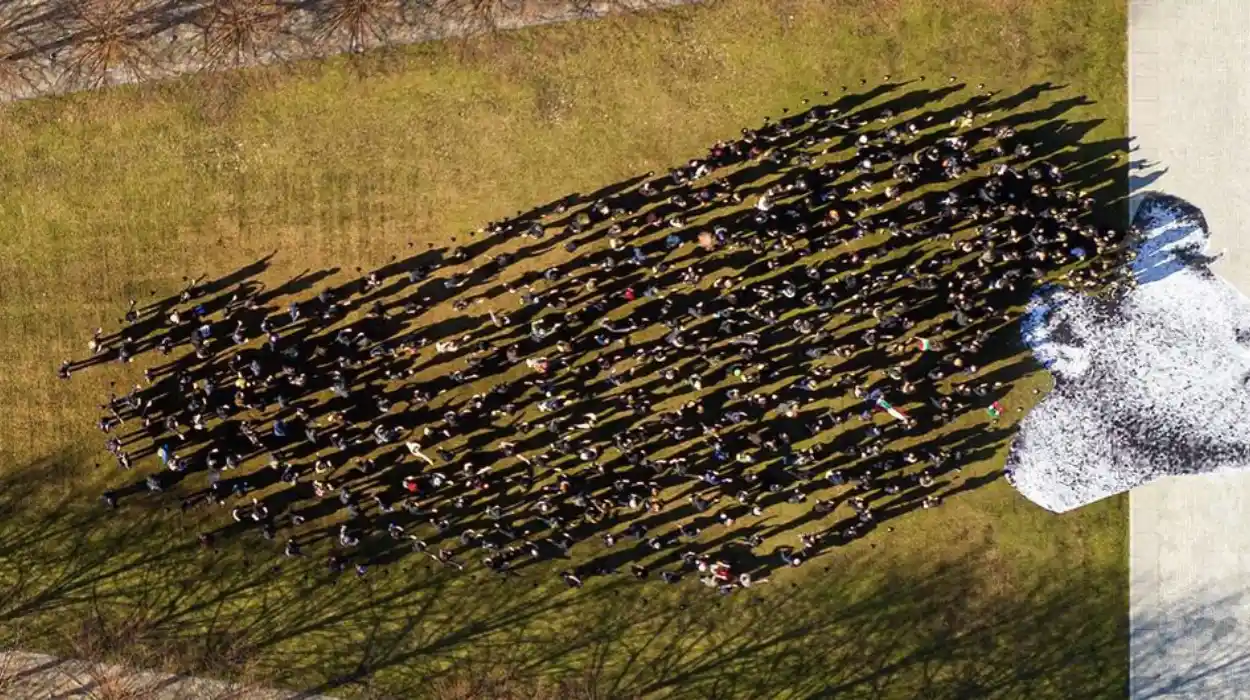London (Parliament Politic Magazine) – PEN America, a New York-based organization that positions itself at the crossroads of literature and human rights, issued a statement highlighting a concerning trend. Socially engaged artists across the globe are facing threats, harassment, and persecution at the hands of authoritarian governments. These oppressive regimes are progressively resorting to surveillance technologies to suppress artistic expression.
PEN America, a renowned advocate for free expression, sheds light on the alarming reality faced by artists. Especially for those who dare to challenge the status quo. These individuals, driven by a desire to address social issues through their art, find themselves targeted by oppressive regimes.
Escalating Threats Faced by Social Justice Artists
In 2022, PEN America’s Freedom to Write Index recorded 311 instances of writers being detained or imprisoned worldwide due to their freedom of expression. This distressing trend was previously highlighted in 2021 by the cultural rights organization Freemuse, and their 2022 findings further substantiated this concern. Their annual ‘State of Artistic Freedom’ report documented a staggering 1200 violations of artistic freedom. It is surpassing the 978 violations in 2020 and the 711 violations in 2019.
Karima Bennoune is a former UN Special Rapporteur on cultural rights (2015-2021). She is one of the prominent voices highlighting the challenges faced by socially conscious artists. In her report, she emphasizes the lack of attention given to politically engaged artists by the arts and human rights communities. Furthermore, she raises concerns about the insufficient recognition of artists as human rights defenders.
She states: ‘’I think there have been failings on both sides. On the human rights side, there’s insufficient recognition of cultural rights generally and of cultural rights defenders. On the art side, it’s been interesting to see that often artists will become involved in defending various human rights causes, but there seems to be less of an automatic impulse to defend at-risk artists.’’
Case Studies Offer Pathways
The author of the report, Juliette Verlaque, provides a vivid description: ‘The last 15 years have witnessed an outpouring of mass social and political movements around the world, from the Arab Spring in the early 2010s to the more recent #WomanLifeFreedom protests in Iran, 11J protests in Cuba, Spring Revolution in Myanmar and Black Lives Matter demonstrations in the US. Within each of these historic movements, artists have played a critical role in mobilizing, sustaining, and uplifting their fellow protesters and their message.’
Out of the 20 artists showcased, 13 have been compelled to flee their home countries, either temporarily or permanently. Additionally, seven artists have faced arrest and detention, with some enduring multiple instances of such treatment. Shockingly, four artists have even been subjected to acts of violence, including torture and physical assaults.
The report highlights several socially engaged artists, including Badiucao, a Chinese political cartoonist based in Australia. Initially, Badiucao maintained anonymity during the early stages of his career. However, he eventually revealed his identity to safeguard himself and his family. Moreover, he has frequently faced censorship hurdles. He attributes the reluctance to exhibit his work to Australia’s overarching strategic concern of safeguarding its economic ties with China.
Read More: Northern Lights Expected To Be Viewed In Parts Of The UK
Reports Reveal Shocking Details
The report includes various artist accounts, including that of Dashka Slater, a renowned American writer. Slater’s young adult novel, titled “The 57 Bus: A True Story of Two Teenagers and the Crime That Changed Their Lives,” has faced bans in educational institutions and libraries. These restrictions stem from the novel’s portrayal of LGBTQIA+ youth and its exploration of the criminal justice system.
Presenting a more audacious perspective is Stella Nyanzi, a renowned Ugandan poet. In 2018, she faced arrest and an 18-month prison sentence for her daring poems that openly criticized the Ugandan Prime Minister, Yoweri Museveni. She states: ‘One of the things I hate most is when people say to me on social media, “You have been writing for years, but the president is still in power.” I want to say, respectfully, “[screw] you”.
Similarly, the Burmese visual artist, Bart Was Not Here, gained widespread recognition for his groundbreaking digital art series, “Seeing Red,” amidst the tumultuous Myanmar Spring Revolution of 2021. However, due to the unfortunate circumstances of his car and studio being targeted by gunfire, he was compelled to seek refuge outside the country.


